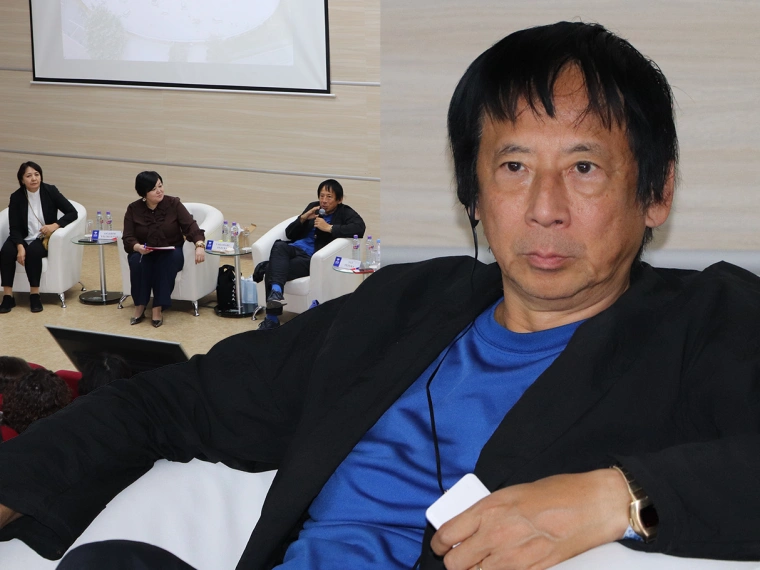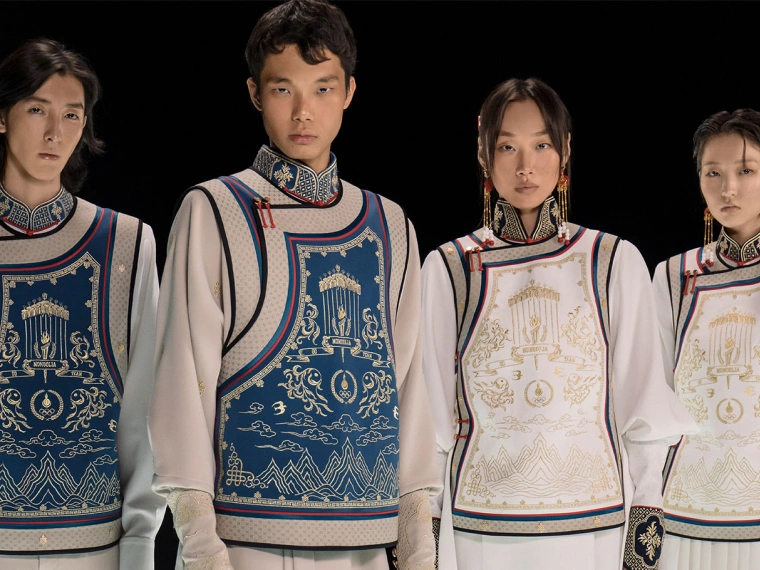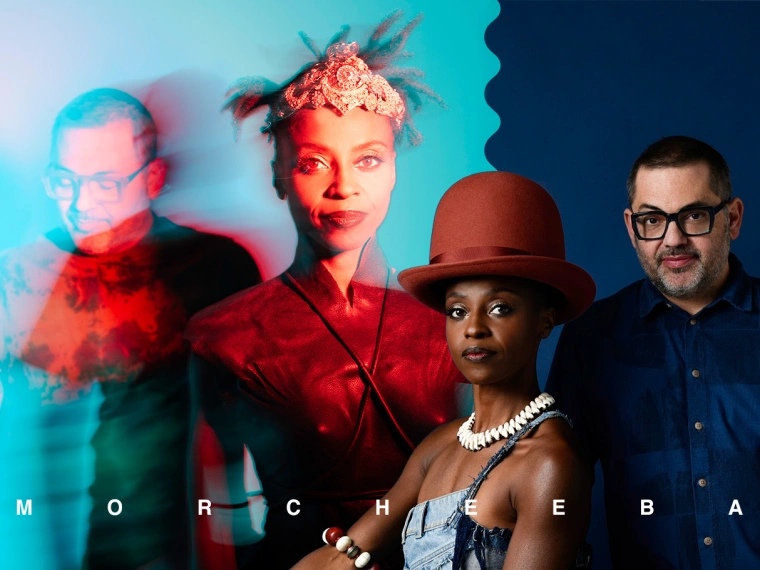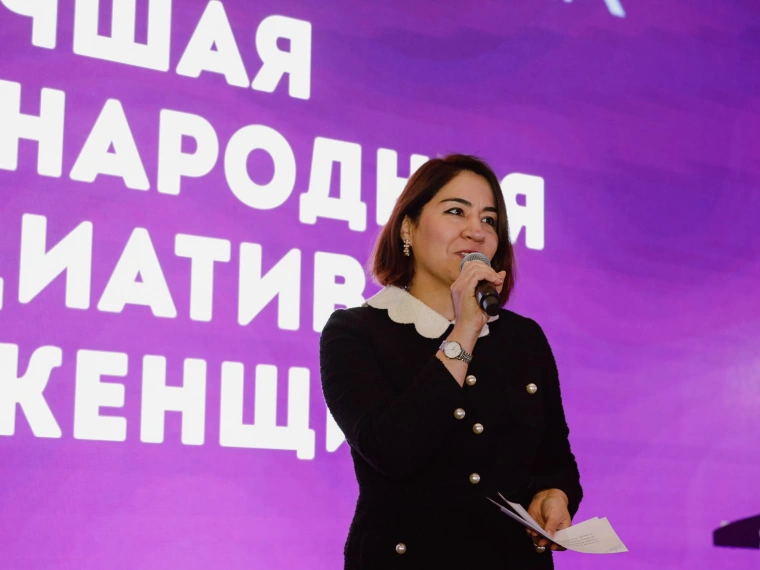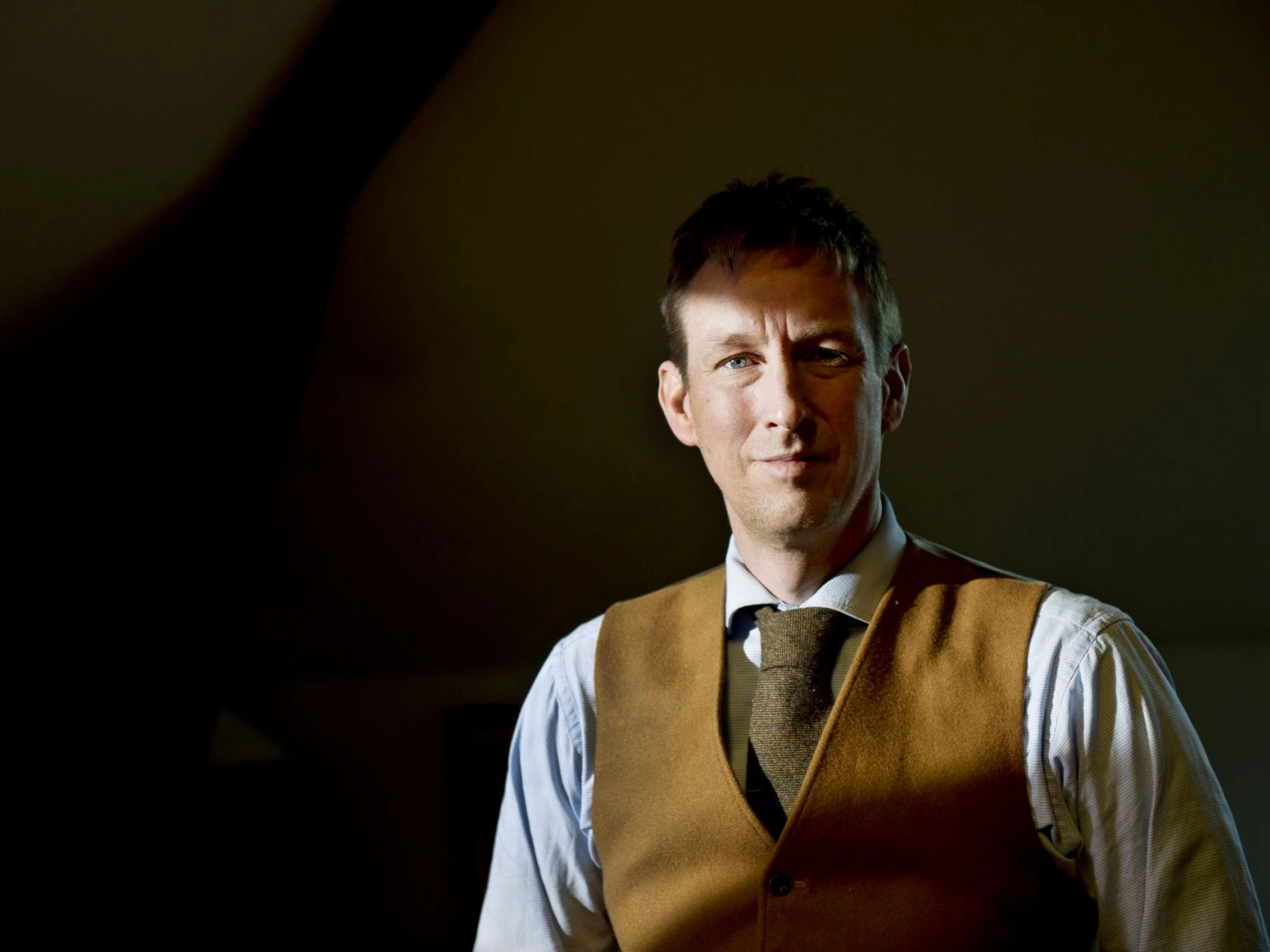
The Nobel Committee Member: Our planet has a very young population and very old leadership
Asle Toje is the Norwegian foreign policy scholar and the current member of the Nobel Comittee. His recent book deals with the rise of China and its implications on global stability.
— The desire to receive the Nobel Prize cannot be an end in itself, but getting into the closed club of winners opens up great opportunities for scholars, writers, and public figures. How can we create the same opportunities for a wider circle of people?
Well, I think that being the Nobel Peace Prize laureate is a chance to inspire the world. Of course, it’s a very select category of people and we are not planning on making any more Nobel Awards, but it might have made things easier if we made a Nobel Youth Award.
Perhaps, for younger people I might recommend that people shouldn’t be so concerned with getting awards and instead be more concerned with making a change. I think this is one of the lessons that we learn during our lifetimes; that the things you do for other people are the things that are also worth something for you as an individual. It varies how much time it takes for us to learn this lesson, but most of us will learn it at some point during our life.
— Is there any prospects of creating a Nobel Youth Award in the near future?
Oh, this is one of my favorite projects. I’m working on a nomination process so we could allow more young people to be nominated for the Nobel Peace Prize. Because it’s one of the great challenges in the world today, that the globe has a very young population and very old leadership. And I think it’s a problem that it takes too much time for people to get to power and then they are too old once they get there. This is a challenge that we need to address in every country. To give young people a chance to make decisions, not only beyond the outside protesting.
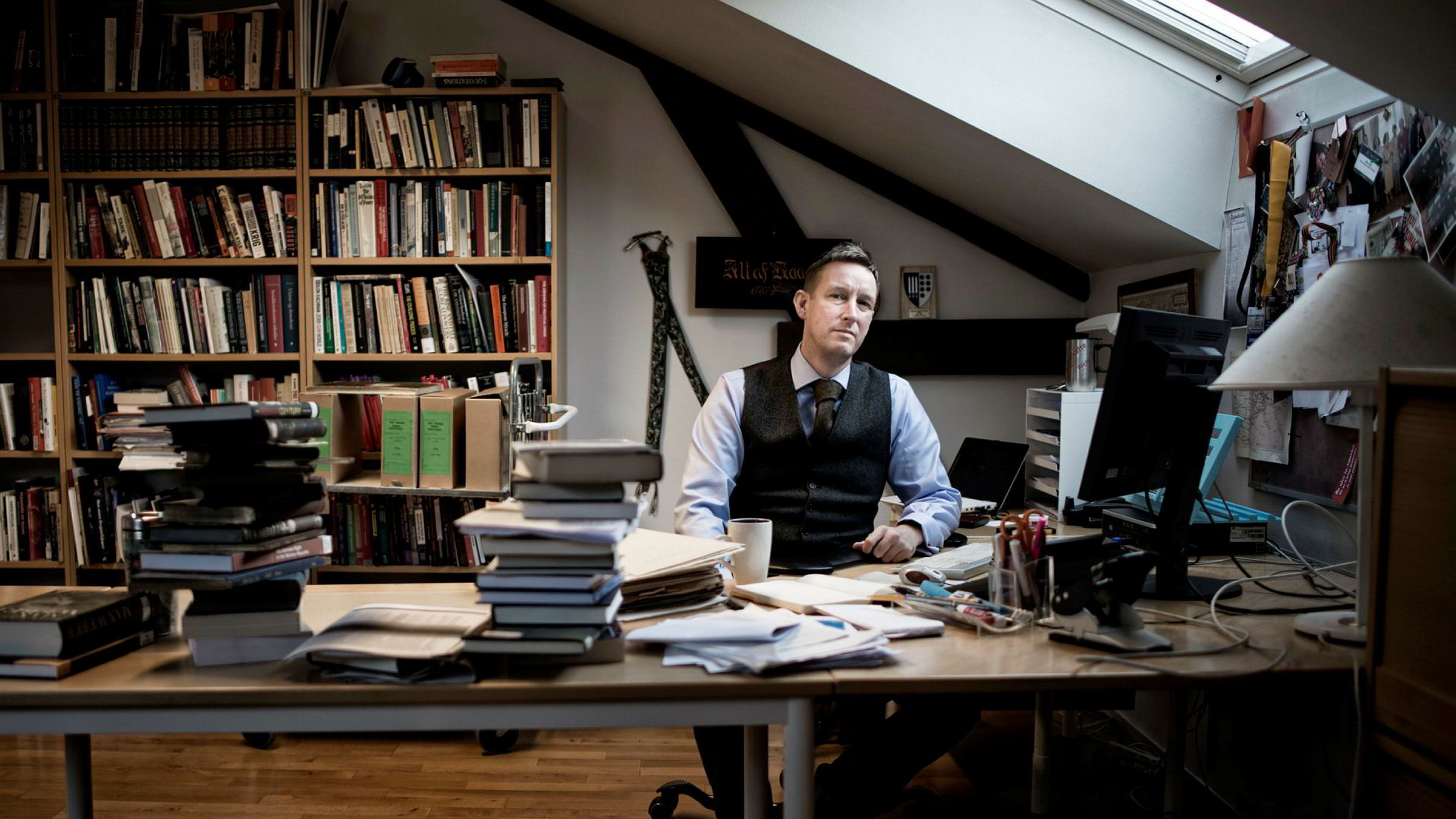
— Which criticisms of the Nobel Committee do you think are justified and which are not?
Well, there are many critiques of the Nobel Committee that are justified, surely. The problem is that they are not justified at the same time. What’s wonderful about the Nobel Peace Prize is that some awards that were very controversial at the time later have turned out to be a very good idea.
I think for instance giving the Nobel Peace Prize to Nelson Mandela is a case in point. Some people were very unhappy about the Peace Prize being awarded to him and now it’s seen as one of the good moments for the Nobel Peace Prize. Likewise, some other awards would have benefitted from hindsight, but I’m not going to name any of them. It’s how it works.
But I would like to say that the Nobel Peace Prize has been awarded since 1901, and today it is arguably the most prestigious award in the world. And I think that it indicates that we have done something right over those years.
— What are the important life principles that a person who receives the prize possesses?
Leadership. I think the capacity to connect with people and to make change is all about leadership. A willingness to do it alone, if necessary, but also to have the certainty and the guts to follow through. You will see this trait in many of the people that have been awarded the Nobel Peace Prize. They all had in common that they were brave and they were not afraid to show leadership.
— Are the representatives of Kazakhstan doomed? Will they ever receive the Prize? What are the prospects for the first president of Kazakhstan?
I can’t discuss people who are nominated or not nominated for the Nobel Peace Prize because it goes directly against the work of the committee. But I will say that I hope that every world leader, including the leadership of Kazakhstan, will strive to make themselves worthy of the Nobel Peace Prize and we are of course following these things extremely closely.
